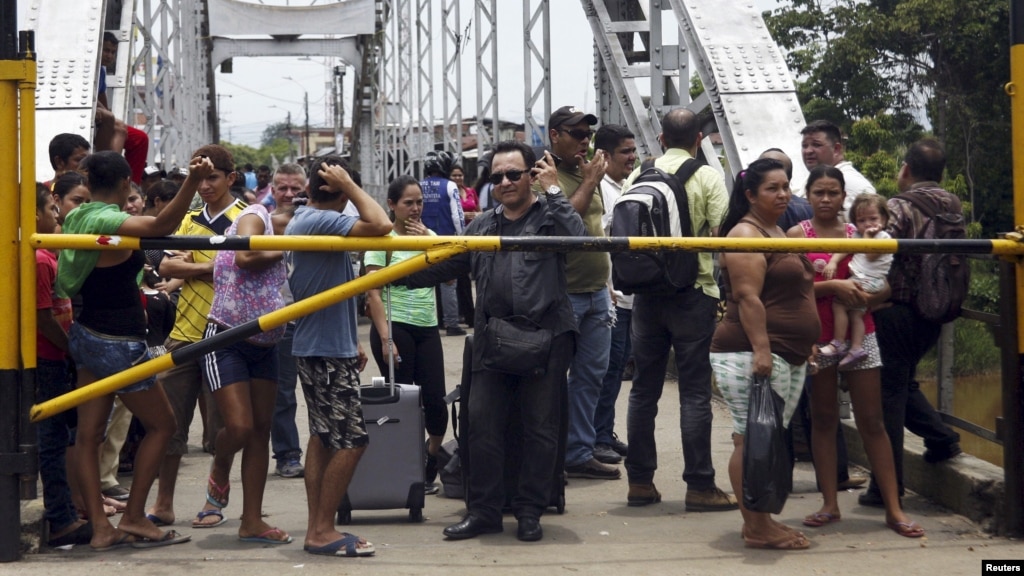By Kaitlyn Degnan
Impunity Watch Reporter, South America
HAVANA, Cuba — An agreement between the Colombian government and FARC rebels was reached on Wednesday at the negotiations in Havana, Cuba. The parties pledged to sign a final peace agreement by March 23, 2016. Following the final agreement, FARC will have 60 days to disarm.

The agreement included the creation of special courts to try former guerilla rebels and military involved in the conflict. Rebels who confess to their crimes will be given five to eight years of confinement to certain rural regions. Those that refuse to confess may face up to 20 years of imprisonment of imprisonment.
Whether these sentences will be offered to those convicted of crimes against humanity is uncertain. Reuters reported that those convicted of crimes against humanity or war crimes will not be allowed that opportunity, but other outlets have reported that the agreement would allow such criminals to benefit from reduced sentencing. Colombian Reports has specifically reported that there would be no impunity.
Human Rights Watch, in a September 28th article, expressed concern that those responsible for mass atrocities would be able to avoid jail time under the agreement. HRW reports that even those charged under war crimes and crime against humanity would be allowed the “special conditions” if cooperative.
FARC documents seen by the Observer report the same judicial structure. The documents also reported that the negotiators consulted with representatives from the Irish and British participants in the Good Friday Agreement, and that they used the frameworks of the Yugoslavia Tribunal and Truth and Reconciliation Commission in South Africa as models for the transitional justice agreements.
Additionally, the documents reported that those convicted of drug trafficking would not be offered special sentencing.
Whether or not those sentenced under these conditions will be allowed to participate in politics following their released is uncertain. Under Colombian law, anyone sentenced to prison time is precluded from running for office or voting.
International Criminal Court Prosecutor Fatou Bensouda has expressed optimism for the agreement. Her office will be consulting with the Colombian government and other stakeholders throughout this process.
The actual text of the agreement has not yet been released, the only confirmed information is that which has been reported by President Santos.
For more information, please see:
Colombia Reports – International Criminal Court welcomes Colombia deal – 25 September 2015
New York Times – Colombia’s President Says Peace Talks Overcome Late Surprise – 25 September 2015
New York Times – Opinion: The Prospect of Peace in Colombia – 25 September 2015
Wall Street Journal – Colombia’s Dubious Deal with Terrorists – 27 September 2015
Bloomberg View – Colombia’s Chance at Peace – 28 September 2015
Yahoo – Colombia rebel leaders’ political participation uncertain after deal – 28 September 2015


